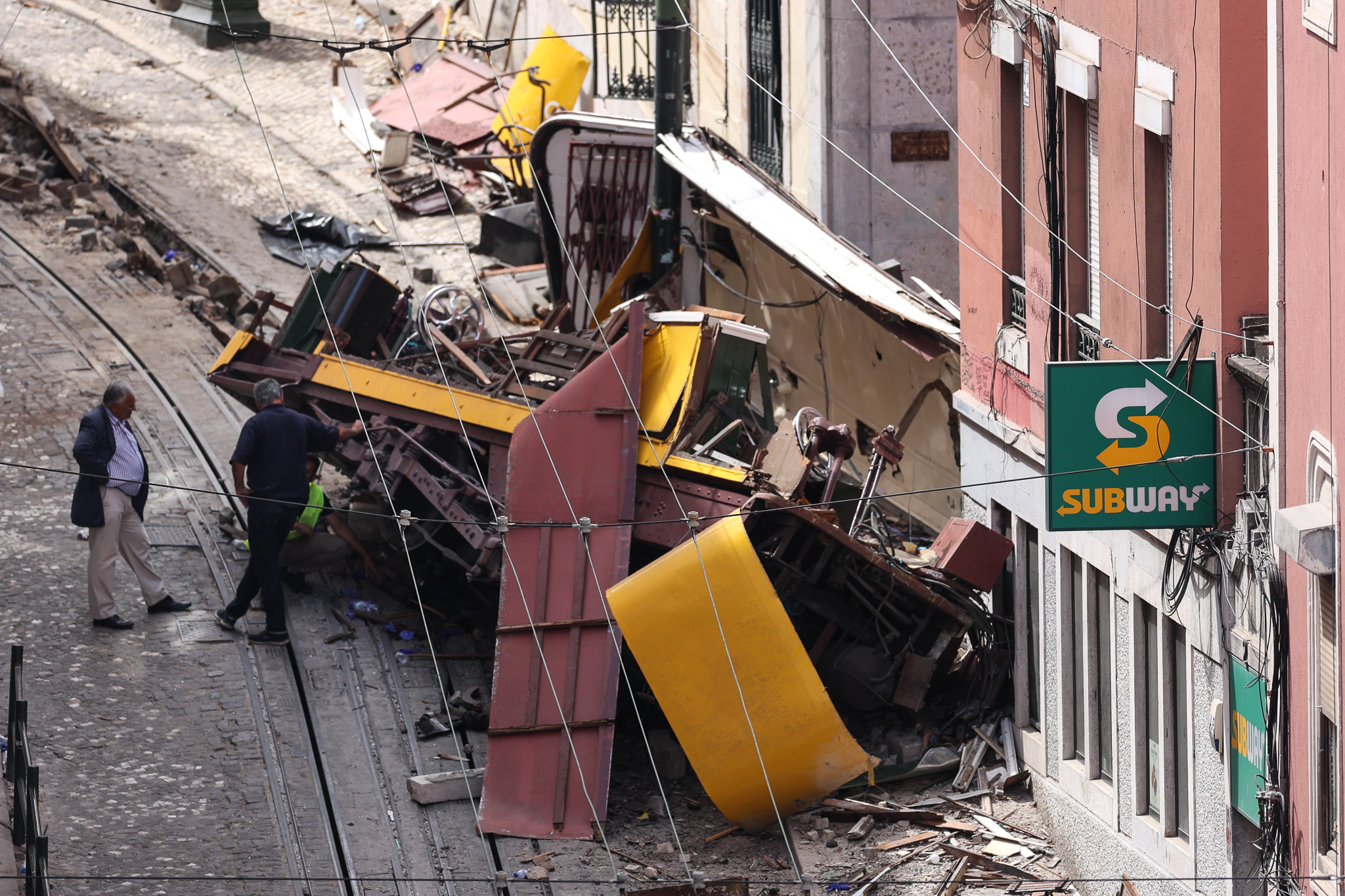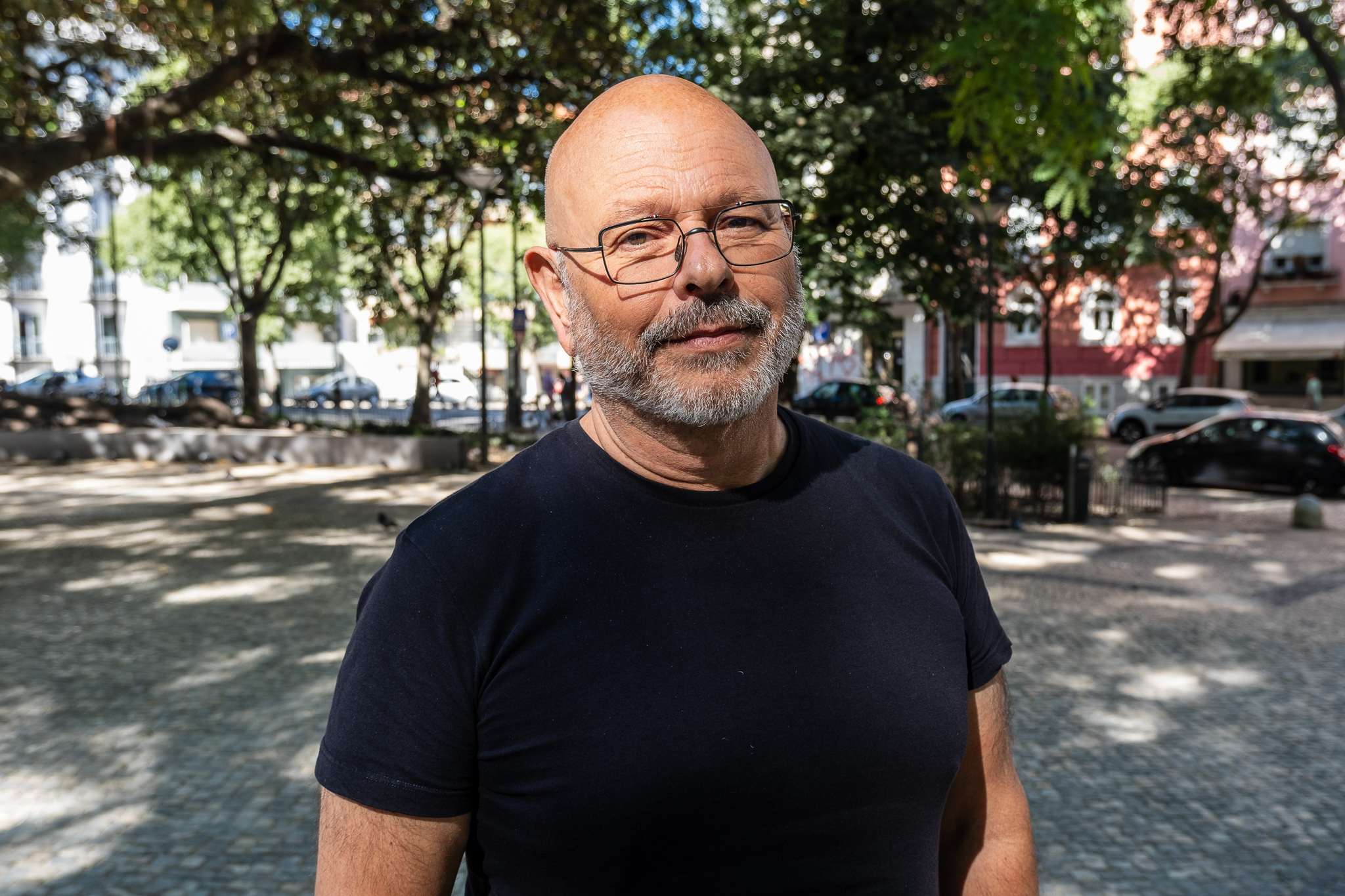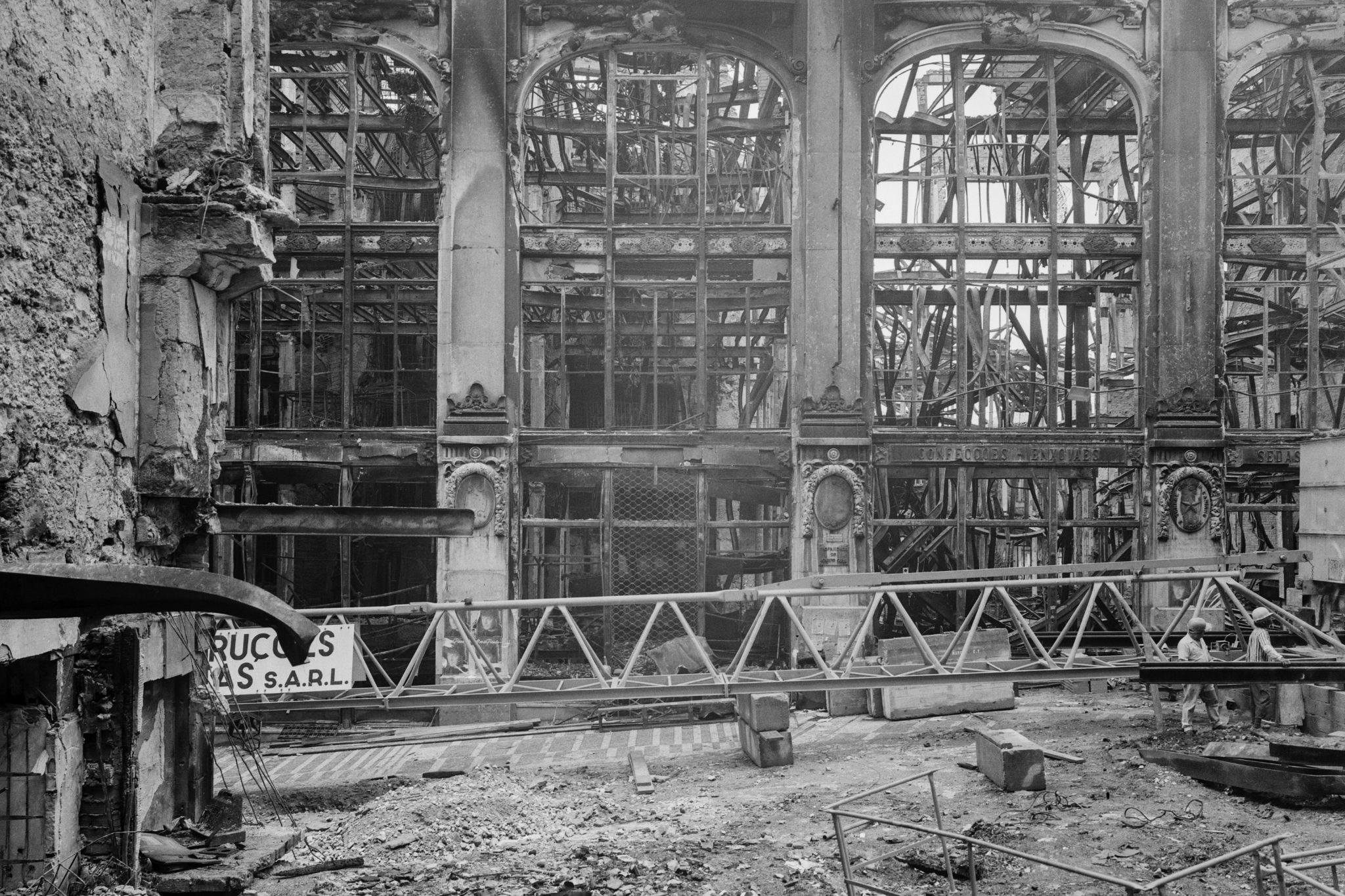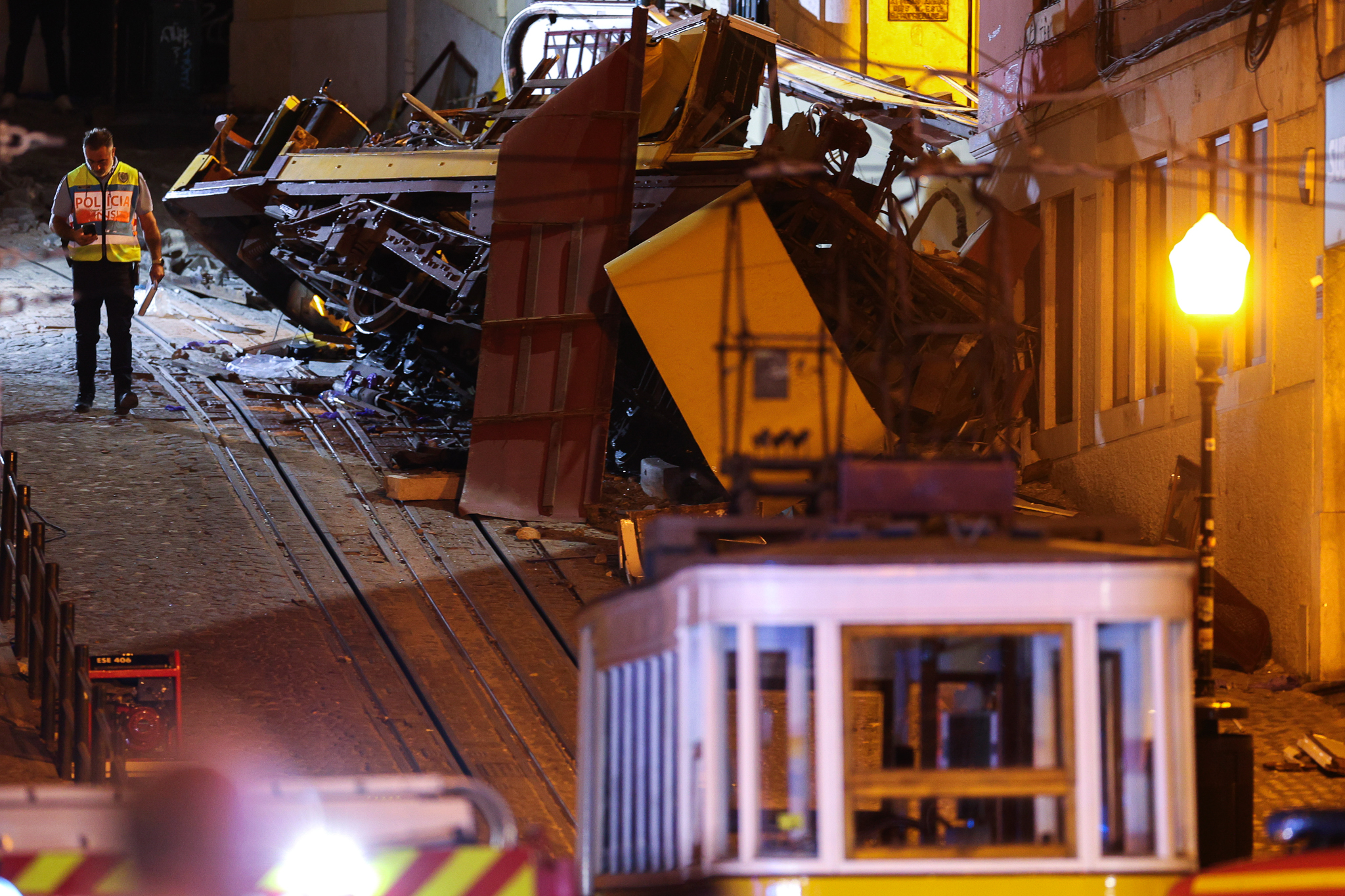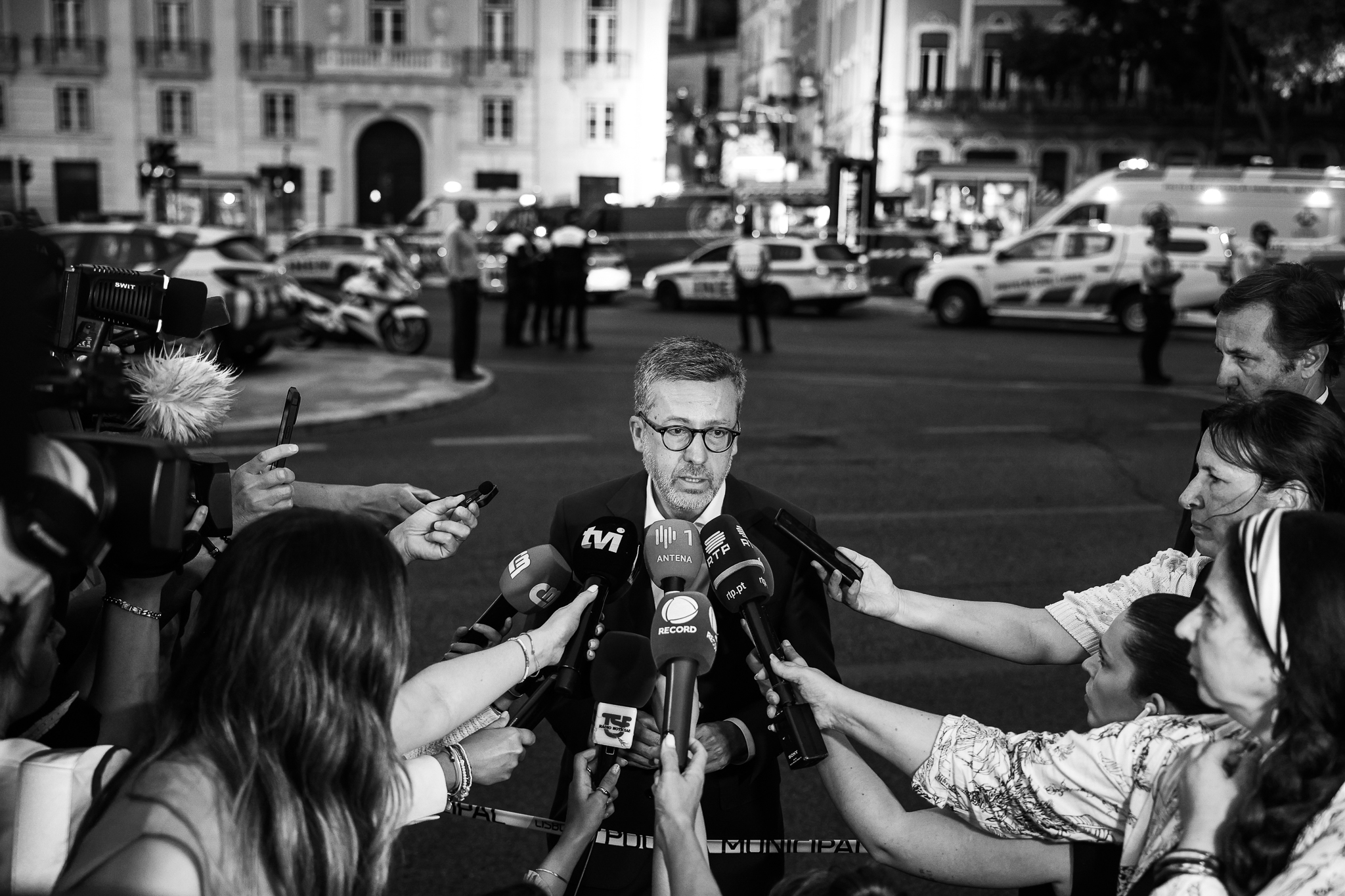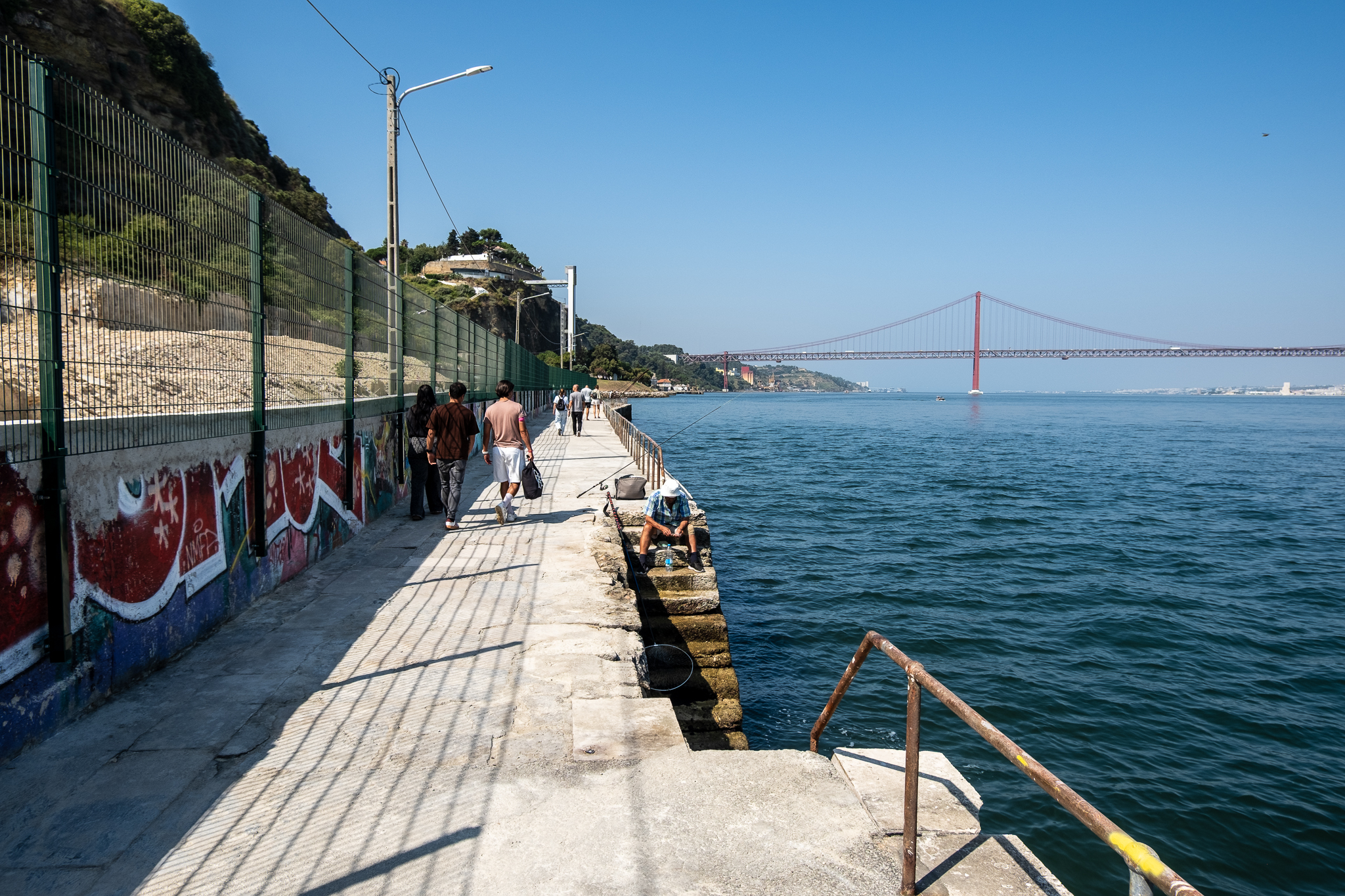CML's Participation Division was working on a participatory process for Almirante Reis that ended up not being launched. The "political pressure" to "give an immediate answer" to the bike lane issue was not compatible with a more complete and lengthy public participation.
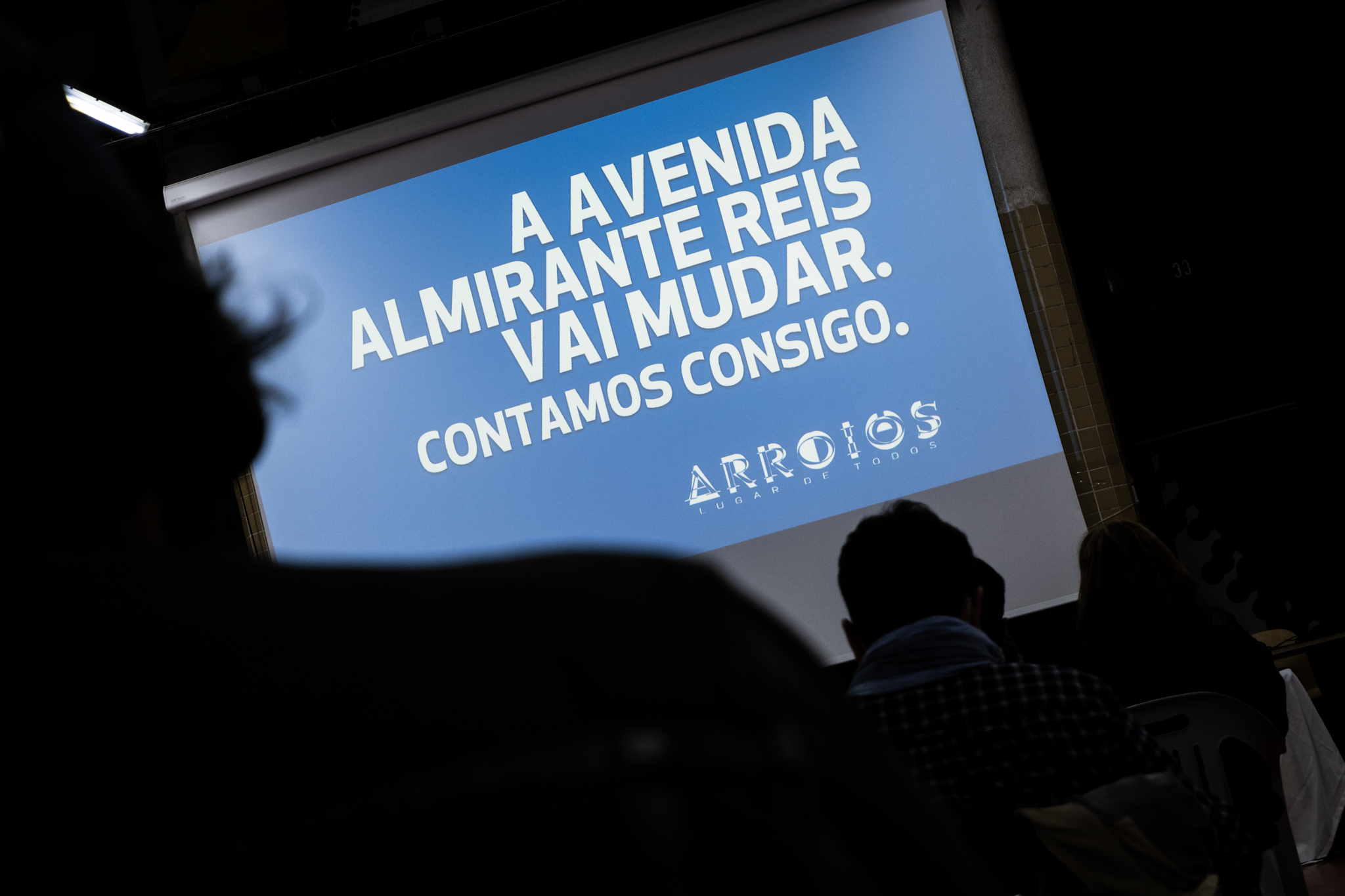
O participative process that took place in the last two months allowed the population to be heard on Almirante Reis, but did not count on the involvement of the Participation Division of the Lisbon City Hall (CML) itself. The municipality sought a faster process to immediately address the problems that the Mayor pointed out to the currently implemented cycling solution.
The municipality's Participation Division was preparing a participatory process "integrated" to rethink Avenida Almirante Reis as a whole and "not just the bike path"but the work will have remained suspended when Junta de Freguesia de Arroios (JFA) presented its own participatory process which CML, through the Mayor's Office, decided to join. There was a "political pressure" to "give an immediate response" to the Almirante Reis bicycle path issueThis was not compatible with a longer participatory process like the one that took place in Martim Moniz Square, involving several phases of participation and communication.
The information was provided by Ricardo Pita, head of CML's Participation Division, and also by Paula Rebelo, head of the Urban Studies Division, in an open class promoted last Friday, April 22nd, by the Lisbon Urban Information Center (CIUL). The officials were responding to a master's student who, at the end of the session, asked a question about the participatory process of Almirante Reis, which Ricardo said he could not answer because it was not his team that did it.
He said that the public participation model that was being prepared by his Participation Division involved the entire Avenue and was intended to listening to the people of "five parishes" impacted by that urban axis - which starts in Areeiro and ends in Santa Maria Maior, passing through Arroios and very close to Penha de França and São Vicente, in coordination with the Urban Planning Department. Ricardo also explained that, at any moment, the "extended participatory process" that was being prepared.
At Written Information from the President and Municipal Services delivered to the Municipal Assembly in the month of February and referring to the period between December 2021 and January this year, it was already known that a participative process for Almirante Reis was being worked on, at least since the beginning of this year. In the document, one could read that the Municipal Department of Urbanism (which includes the Division of Urban Studies) had begun work on a "participatory process" for a "integrated intervention in the Almirante Reis Axis and surrounding area".in "articulation" with the Participation Division. It is now clear that the procedure that the Participation Division was lining up was not the one that people have been able to participate in over the past few months.
Local public participation
On February 25, the Arroios Parish Council (JFA) shared on Twitter and other social networks an invitation to a public session on Almirante Reis to be held two days later, on the 28th. In the invitation, it could read: "Avenida Almirante Reis is going to change. We are counting on you. Find out what will happen first". The session in question was the first open to the general public and was to take place after two other sessions, held by invitation and behind closed doors: one in which local associations and movements were heard (on Friday the 25th), and another for merchants on the avenue (on Saturday the 26th).
In that public session on the 28th (Monday), some people questioned the invitation made at short notice and with little clarity, and criticized the fact that the communication was not also made in the physical supports of the Council or even in CML channels. There was also criticism to the framing of the event - whether it would be about the avenue as a whole or just about the bike path -, and some people who went thinking that in the session concrete ideas and proposals would be presented, which didn't happen -. served only for public debatecontrary to what "know what will happen first" I could suggest.
At the beginning of the session, the President of the JFA, Madalena Natividade, explained that the Council had been commissioned by the CML to organize these sessions, but even so, there was a certain lack of coordination between the two institutions, with council departments not knowing about the existence of the event. For example, when Lisboa Para Pessoas asked CML's Brand and Communication Department about the session that would take place on the 28th, in order to get more information about it, it received a reply: "we inform that the Lisbon City Hall is unaware of the alleged presentation and has no similar initiative scheduled".
The second public session already had a clearer scope because it took place after another one; it happened on March 23rd , and it was also the Arroios Council that made the invitations, which were published on the social networks also only two days in advance (on March 21st ). In the JFA physicals or even on CML's website and social networks, there was again no communication about the session.
It is worth mentioning that CML's Participation Division was responsible for the participatory process in Martim Moniz, for instance, is the promoter of the Participatory Budgets and is now coordinating the new Citizens' Council, which will have its first session on May 14th and 15th, under the theme "climate change". However, this same Division does not deal with all the participatory processes that take place in the city, as happened with the one in Almirante Reis - promoted by JFA and hosted by CML.
Despite all these questions about the participatory process carried out, what is certain is that - after two months and two public sessions (plus the other two held with specific sectors) - Carlos Moedas was able to deliver on one of his most high-profile election promises and bring closure to the issue that was marking his mandate. The public participation that took place in light allowed to create a greater consensus around a third solution pop-up to Almirante Reiswhich was designed to solve the problems that Moedas says exist with the current solution. To lead this process, Moedas entrusted Almirante Reis to architect and advisor João Castro, who was the CML representative in the two sessions promoted by the JFA.
The will of the executive is to implement this new solution pop-up in the immediate term and now work on a fundamental response for Almirante Reis, that might start in Areeiro and only end in Martim Moniz.

